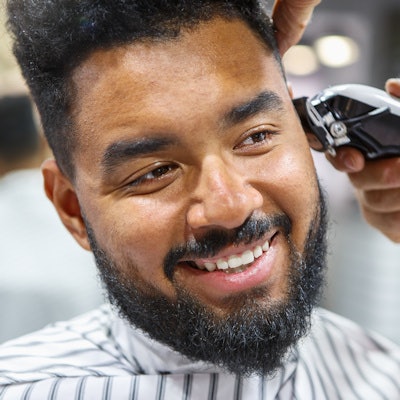
Barbershops are good places for on-the-spot testing of black men for hemoglobin A1c (HbA1c), according to a study published January 27 in JAMA Internal Medicine. One-third of men approached agreed to point-of-care (POC) blood testing, and of those, 9% had undiagnosed diabetes.
The study involved blood glucose screening with the A1CNow+ test (PTS Diagnostics), with results available in five minutes. Researchers approached 895 men in eight black-owned community barbershops in Brooklyn, New York City, and asked them if they were willing to get tested onsite. The sites were chosen based on whether individuals living in the neighborhoods were likely to have problems with glycemic control and reduced access to primary care.
Of the total, about one-third of the men were tested in the barbershops, and of these, 9% had undiagnosed diabetes, defined as HbA1c of at least 6.5%; in addition, 1% had HbA1c of 7.5% or higher. Another 82 men had prediabetes, defined as HbA1c between 5.7% and 6.4%.
The men who were tested had no history of diabetes and ranged in age from 22 to 65 years. Among those with undiagnosed diabetes, the median age was 41 and obesity was common, Dr. David Lee, an assistant professor in emergency medicine and population health at New York University, and colleagues reported.
The 9% rate of diabetes is much higher than the 3.6% reported for New York City residents generally, so it's unclear whether the sample is generalizable to other areas of the U.S. Nevertheless, the study did show that an outreach program involving point-of-care testing is feasible in the setting of barbershops, which the researchers noted "are places of trust among black men."
The test used in the study has been shown to be 93% accurate when compared with venous blood testing. In practice, POC HbA1c tests should be followed with confirmatory testing, though this was not done in the study. The researchers did provide counseling to those with prediabetes and diabetes about lifestyle modifications and advised them to seek medical care.
"Although point-of-care HbA1c testing is relatively accurate, confirmatory testing is also important," Lee and colleagues wrote.



















